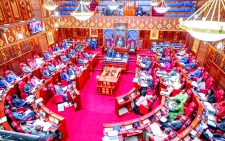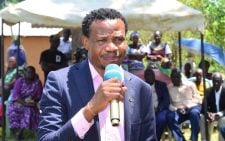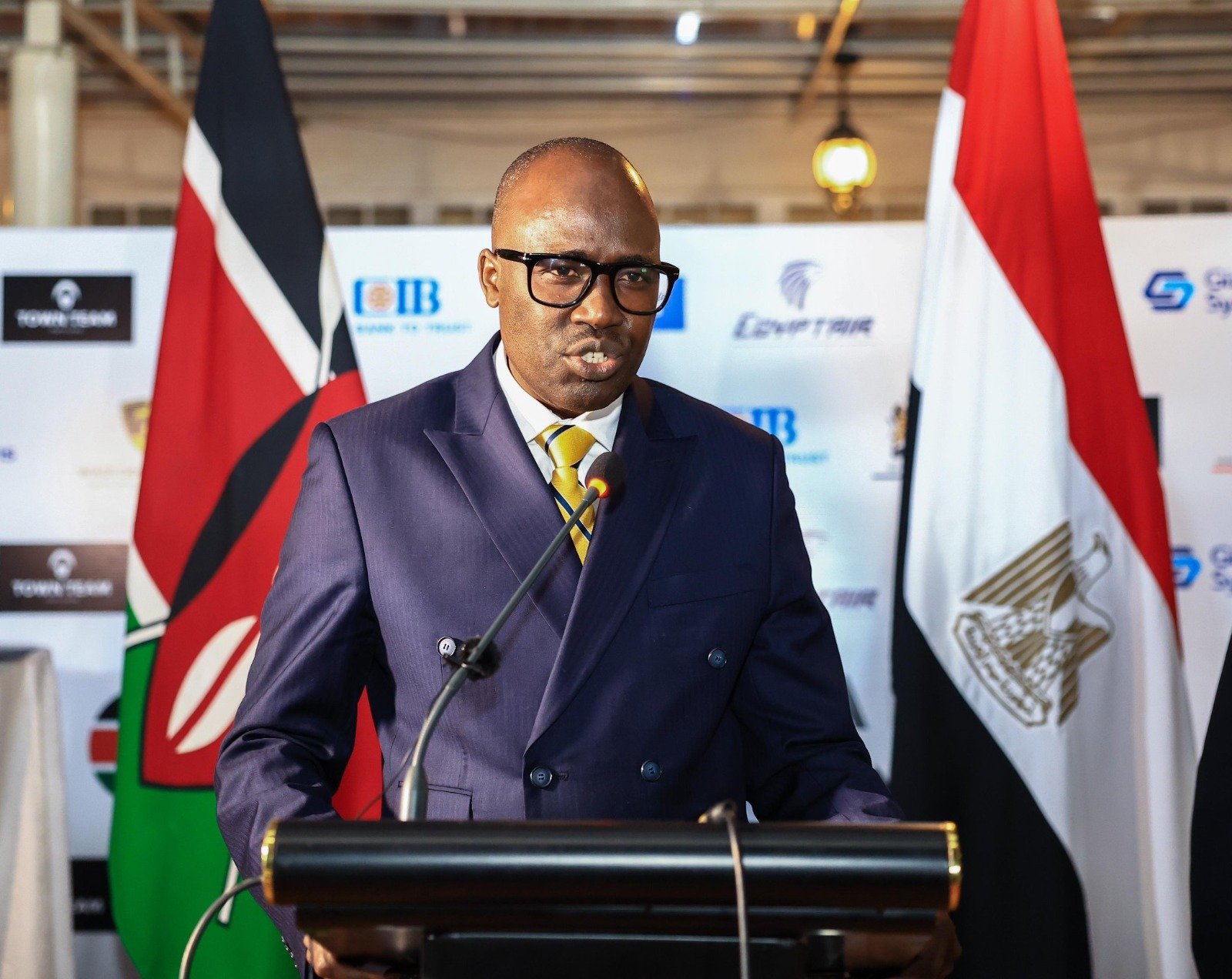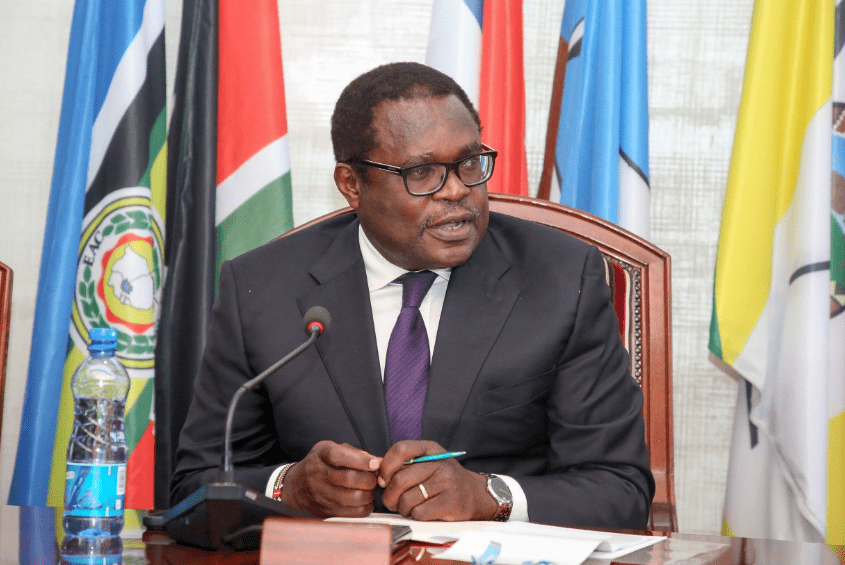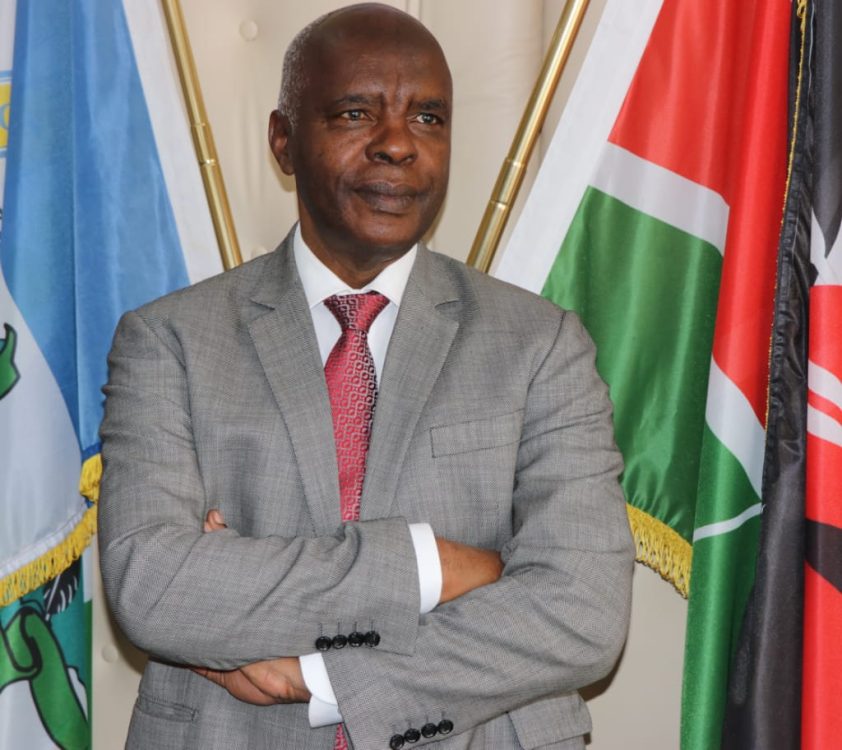UN turns 80, feels the heat of climate, transformation
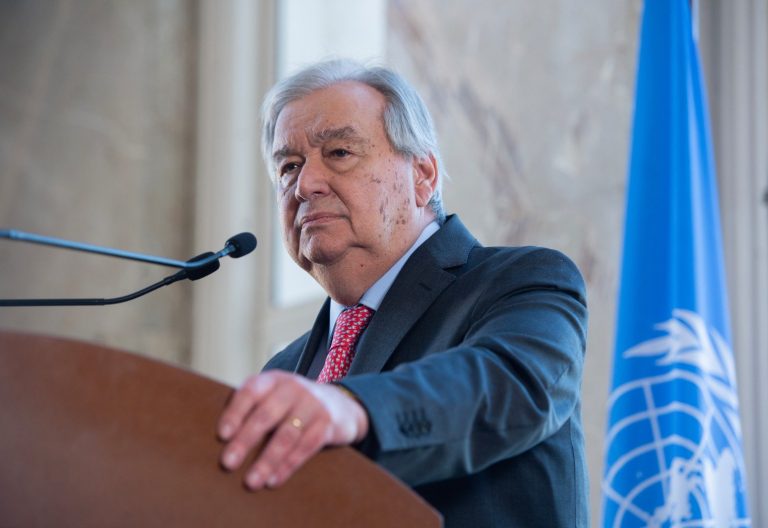
As the United Nations celebrates the 80th anniversary of its founding in 1945 to foster global peace and security, the organisation has been forced to shift to its “hot seat”.
In a world upended by the complexities of regional and geopolitical conflicts and the impacts of what UN Secretary-General António Guterres refers to as “global heating” and climate change, the world is undergoing an unprecedented upheaval.
The international context of peace and security is rapidly transforming as the nexus between science, politics, and socio-economic development intertwines in a virulent dynamic that has caused the UN to refocus the original goals of its founders.
Guterres long accepted this reality before the UN turned 80 this year, when he launched the ‘UN80 Initiative’ to build on the organisation’s ongoing reform efforts in the wake of these daunting global challenges.
UN80 Initiative efforts include the Pact for the Future and UN 2.0, which aim to update the UN’s structures, priorities and operations for the 21st century in the wake of these “hot” and complex challenges confronting a vastly devastated environment and an increasingly conflicted world.
In September 2024, at the UN General Assembly in New York, world leaders adopted a ground-breaking pact for the future to transform global governance.
The Pact for the Future includes a Global Digital Compact and a Declaration on Future Generations.
Speaking at the launch of this UN Summit of the Future, the UN chief declared: “We cannot create a future fit for our grandchildren with a system built by our grandparents.”
Entangled crises
The pact, designed to turbo-charge implementation of the SDGs, was the culmination of an inclusive, years-long process to adapt international cooperation to the realities of today and the challenges of tomorrow.
It is the most detailed agreement ever at the UN on the need for reform of the international financial architecture so that it better represents and serves developing countries.
The pact covers a broad range of issues, including peace and security, sustainable development, climate change, digital cooperation, human rights, gender, youth and future generations, and the transformation of global governance.
World leaders committed to accelerating measures to address the challenge of climate change, including by delivering more finance to help countries adapt to climate change and invest in renewable energy.
Overwhelmed by the monumental rupture in the global peace and security architecture, defying its ability to punch beyond its weight, the UN has now turned attention to an equally challenging but more multilaterally convenient task of addressing the entangled crises of climate change, environmental degradation, and global inequality.
Yet, the world is far off track on both climate and the UN Sustainable Development Goals (SDGs), which require combined governmental and non-state actors, civil society intervention, and direct citizen participation to achieve their stated targets.
Climate action and development run side-by-side and need to secure financing for implementation, leveraging Nationally Determined Contributions (NDCs) and multi-stakeholder inclusion in a whole-of-society approach, states UN Assistant Secretary-General for Economic Development Navid Hanif.
Implementation of the Pact for the Future is central to the UN80 initiative, according to Guterres. The initiative is reviewing the efficiencies and improvements to current arrangements in the UN, the implementation of mandates from member states, and structural changes and programme realignment.
In implementing the Pact for the Future, a principal-level steering committee has been established, overseeing six working groups on action and reforms in SDG acceleration, peace and security, international financial architecture, digital technologies, UN governance and youth.
Guterres underscored the creation of task teams for future generations, the need to go beyond GDP as a measure of progress, and efforts towards establishing an internal tracking system to monitor progress on the pact’s implementation.
On finance for development, he emphasised efforts to map out how to accelerate progress at the national level in close cooperation with governments.
He has also mentioned a forthcoming report on the impact of military expenditure on the achievement of the SDGs and on the UN’s work.
An expert group will soon be announced to develop measures of progress that go beyond GDP.
Youth impact
Work on improvements to the international finance system is ongoing, while another expert group will soon be established to identify practical steps for action on debt.
The UN Secretary-General underscored the key role young people played in shaping the Pact for the Future’s priorities.
Progress has been made towards establishing a youth investment platform to ensure national funding mechanisms and investment platforms are focused on the needs of young people.
There are also efforts to develop principles to strengthen youth engagement in the UN.
Guterres also announced the establishment of a Strategic Foresight Network and Community of Practice to ensure policies, programmes and field operations of the UN are based on long-term thinking and the forthcoming appointment of a Special Envoy for Future Generations.
On technology, he highlighted the focus on artificial intelligence (AI) in implementing the Global Digital Compact, a forthcoming report on innovative voluntary financing options for AI capacity building in the Global South, and a zero-draft resolution to establish the International Scientific Panel on AI and convene a Global Dialogue on AI Governance.
The initiative, according to Guterres, responds to drastic cuts in critical funding to achieve the SDGs, with more reductions expected in the future. The UN80 Initiative will be presented to the UN General Assembly by next month.
Amid geopolitical divisions and mistrust, with some actively questioning the value of international cooperation and the multilateral system itself, Guterres said the Pact for the Future and its two annexes – the Global Digital Compact and the Declaration on Future Generations – are “more important than ever”.
The Pact for the Future addresses global challenges like climate change, inequality, and threats to peace.
It emphasises international cooperation and the need for collective action to achieve a sustainable future.
While the pact acknowledges the importance of addressing climate change, it has been criticised for not fully achieving the transformative change needed for nature and the climate.
It acknowledges the need to keep global temperature rise to 1.5 degrees Celsius (°C) above pre-industrial levels and to transition away from fossil fuels in energy systems to achieve net-zero emissions by 2050.
The pact provides an opportunity for countries to show real leadership and action on climate and clean air in their NDCs, including committing to ambitious reduction targets for pollutants.
While the pact is seen as a positive step, it has been criticised for not fully achieving the transformative change needed for nature and climate, with some expressing concerns about the lack of concrete commitments.
Some argue the pact lacks sufficient specificity to address climate change, particularly in terms of financing and technical assistance for developing countries.
There are concerns it may not be fully implemented, especially if there is a lack of political will and resources to support its goals.
Moving forward, it is crucial to monitor the implementation of the pact to ensure that member states are held accountable for their commitments.
Developed countries need to provide financial assistance to support developing countries in implementing their climate action plans.





